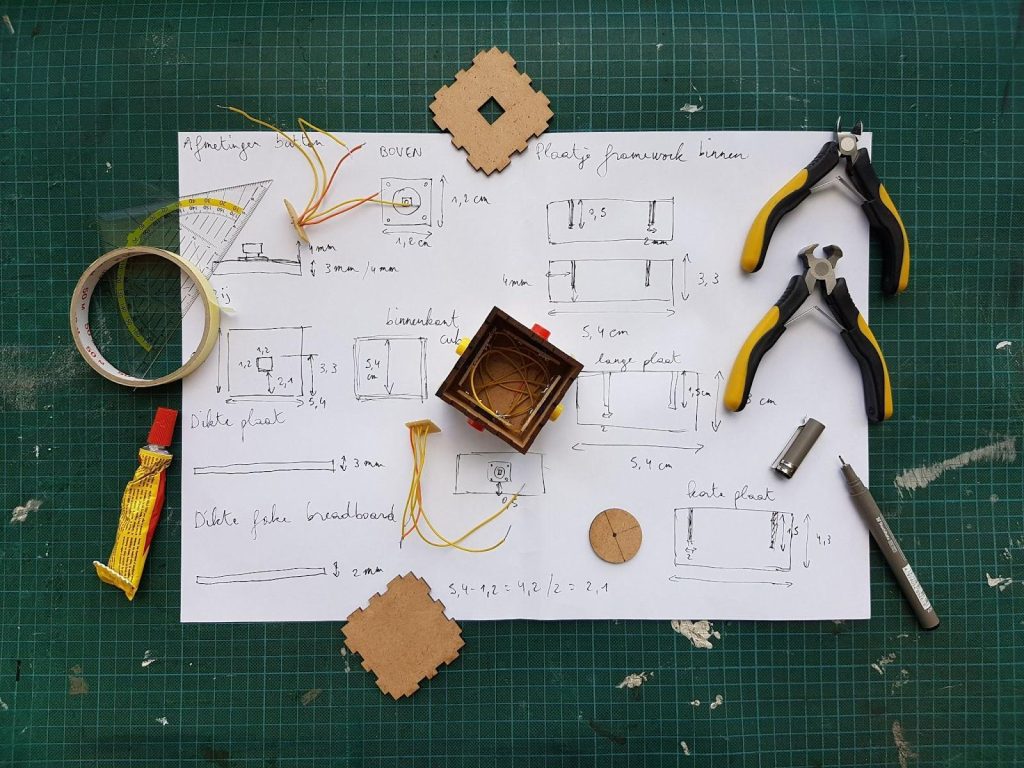It is pretty easy to overlook the systems that support things when they are functioning as they should. For many people in their homes, this is frequently the situation with electricity. The main problem with ignoring your electrical systems is that a malfunction can be expensive, in medical bills, appliance repairs or replacements. Almost every appliance in the house requires electricity to function properly, meaning we are almost totally reliant. Here are five ways to fulfill your responsibility and ensure your systems are safe and working as they should.
Check the Wiring
The grounding is one of the system’s first and most important aspects you should ensure is in place. Most modern homes today have a grounding system installed, but older homes built in the 50s have few or no grounding systems. Grounding helps to reduce the chances of anyone getting shocked when there is a fault or shortage in the system.
Other aspects to ensure are the integrity of your meter and circuit breakers. The meter can collect water that can permeate the main electrical box, leading to a short. A circuit breaker, typically installed in your garage, should always be functional to ensure that your appliances are spared in the case of a short.
Stabilize Your Current
An excellent way to protect your appliances and your system from power surges and excessive expending of energy is by getting a stabilizer. Stabilizers can regulate our electric current. They can help prevent overloading in your appliances while protecting them from surges. These innovative devices can significantly reduce your consumption by straightening the current and stabilizing the voltage. Some manufacturers can guarantee almost a 90% reduction in your electricity usage.
Use Your Senses
One of the best ways to ensure that your home is safeguarded from electrical issues is to be able to react quickly. You may not always know when something happens, such as a short or a faulty appliance. However, you can limit the damage of the malfunction if you become aware of it and take the necessary action.
Your senses are essential in helping to detect these issues because they often cause some changes. Some common changes you may notice are the smell of melting plastic or burning wires, or flickering lights. When you notice these, you must look around the house for any signs of an electrical malfunction.
Know How Your System Works
The way your system works will depend on what your source of electricity is. Most homes supplied by mains electricity have a standard system that you can easily understand, especially if an electrician guides you through it. Solar electric systems can be a little more complicated and require more work. They have more parts involved, and these parts must work together seamlessly. If you know how things work in your system, you can run routine checkups to ensure everything works correctly.
Ensure You Have the Right Parts
Sometimes parts of your system may wear out over time or malfunction. When getting replacements, you must find ones you can be certain about their integrity. If you find the right supplier, they will be keen to get the details of the issue and your system. For instance, Bay Power ensures that they know your specific issues before they sell you any parts to guarantee success. Good suppliers will also have diverse brands to fit different systems. Getting the right brand and matching the serial numbers is essential to a successful part replacement.
Endnote
With almost everything in the house reliant on electricity, having a working system is essential. You can keep things working correctly by regularly checking the wiring and installing a voltage stabilizer. Vigilance is necessary for you to detect when something is wrong with the system through changes such as flickering lights. Knowing your system well enables you to spot potential issues and take quick action. Having a trustworthy source for replacement parts also guarantees that you can fix any issues right away and keep your system operating efficiently.
Also See – Penn Foster Student Portal Login @ My.Pennfoster.Com







